The cult of Stalin: Soviet dictator lives on in hearts of elderly Georgian fans
'What Jesus Christ is for many religious people, Stalin is the same for me,' says one elderly fan.
"What Jesus Christ is for many religious people, Stalin is the same for me," says Shalva Didebashvili, a 78-year-old retired builder from Mtskheta, Georgia.
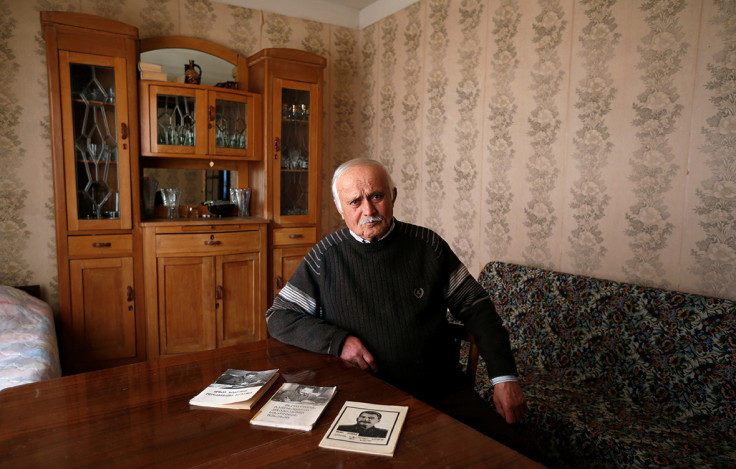
The Soviet dictator is largely reviled today in Georgia, but he is still revered by a small group of mainly elderly supporters for defeating Nazi Germany in World War Two. Reuters photojournalist David Mdzinarishvili photographed and interviewed several members of Georgia's ageing Stalin fan club.
Nazi Stefanishvili, a 73-year-old retired economist, has an entire room dedicated to Stalin at her home in Gori. "Every morning I go to the room to say good morning to Stalin," she said. "I take part in every occasion marking the anniversary of his birthday or death," she said. "I have paintings, a lot of books about Stalin, busts, old newspapers, souvenirs. Most I bought, others were gifts; some were even found in the rubbish."
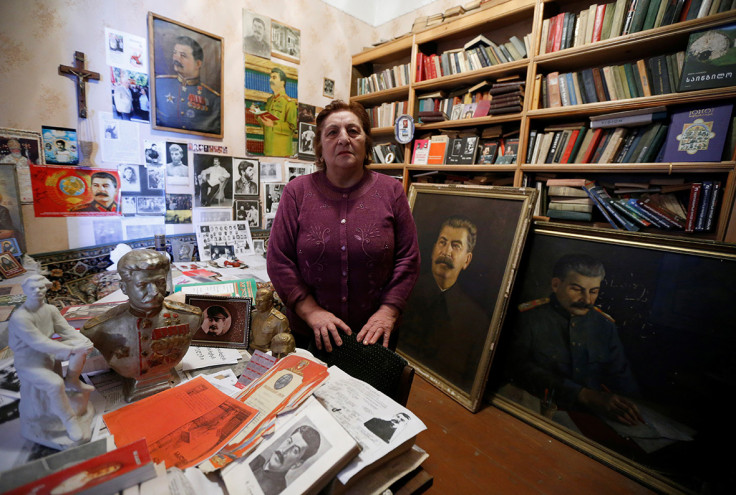
Retired librarian Tsitsino Tsintsadze, 77, is also proud of her collection of Stalin-related items: "I have portraits of Stalin, books about him, souvenirs. Some I bought, some were given to me. My relatives and friends know about my love of Stalin and often gift me memorabilia."

Every December, a few dozen people mark Stalin's birthday by gathering outside a museum dedicated to the strongman in Gori, the Georgian town where he was born in 1878. They make speeches and walk to the square where a six-metre-high bronze statue of him once stood, calling for it to be reinstated. Opponents say it was a symbol of Moscow's still lingering shadow. Following a 2011 law, dozens of Soviet-era monuments and symbols were removed and street names that referred to Georgia's communist past changed.

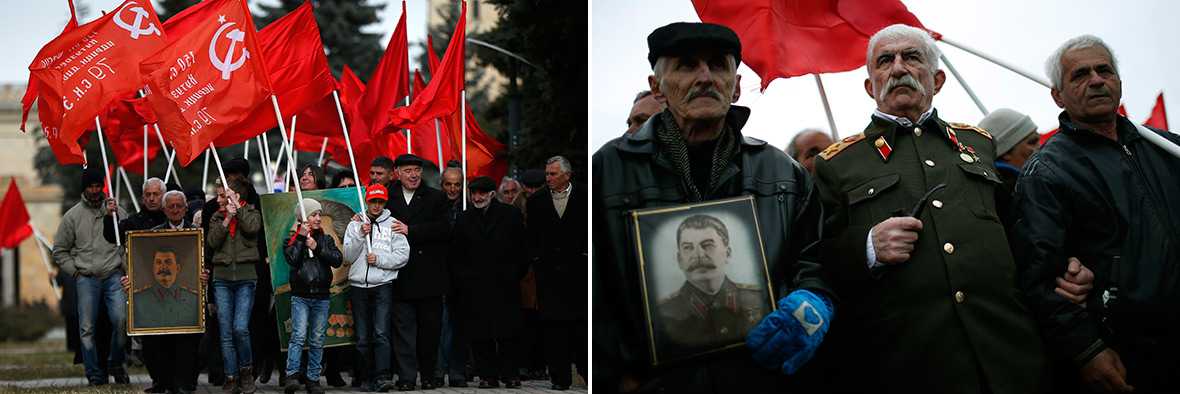
"Unfortunately, Stalin is not popular nowadays. Our people don't respect him. Only we, members of the [Communist] Party, respect him," said retired builder Vasili Sidamonidze, 70, who keeps a huge painting of Stalin at home. "I always try to attend Stalin's birthday anniversaries in Gori. Unfortunately many people don't want to join us even if they live nearby. They look at us from their windows."
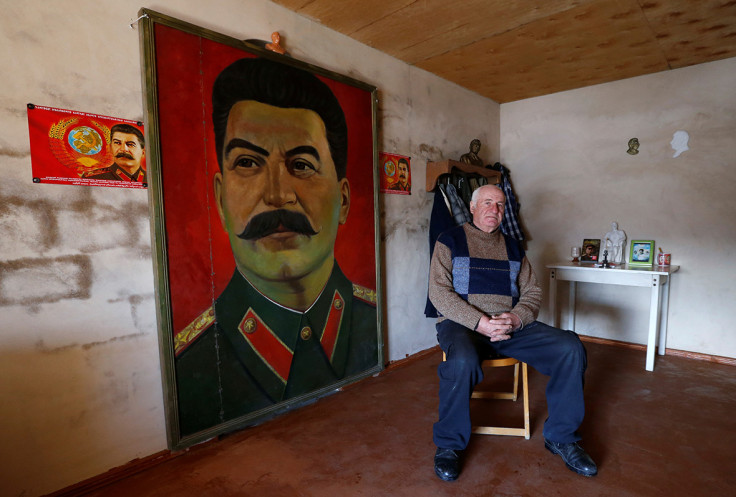
In 2008, Russia fought a brief war with Georgia and recognised its breakaway regions of Abkhazia and South Ossetia as independent states. Older Georgians, especially those who had personal and business ties with Russia, resent how much relations have soured. Others say the relationship only brought hardship.
Olga Danelia, a 62-year-old retired accountant, is a Communist Party leader in her town. "Nowadays there are two types of people: those who love Stalin and others who hate him. We have to tell them the truth," Danelia said. "There were tough times, a lot of enemies around. Despite this, Stalin managed to build the country. I think he deserves to be remembered lovingly. We have to teach this to our youth, in schools, in the media."
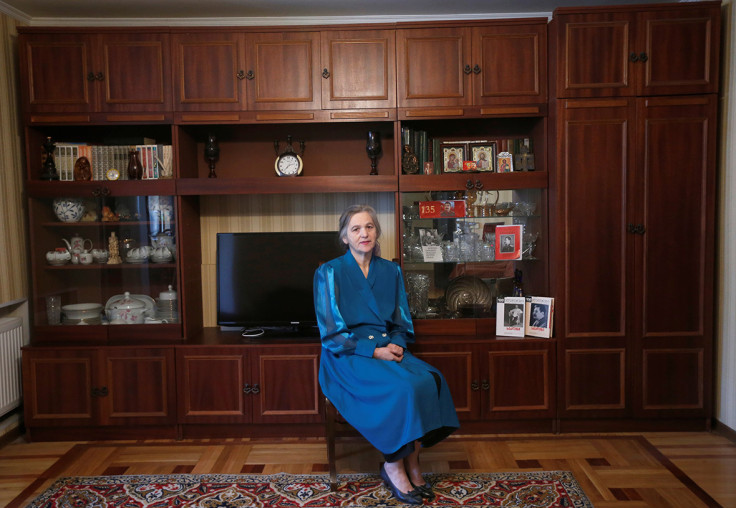
Communist parties are not popular in Georgia, which wants to move out of Moscow's sphere of influence and join Nato and the European Union.
"I cannot say how many people support us but we have regional offices all around Georgia," said 77-year-old Jiuli Sikmashvili, a leader of the United Communist Party of Georgia, one of several such small parties in the country of 3.7 million people. "Unfortunately the youth don't want to join our party, so our members are mostly elderly people."
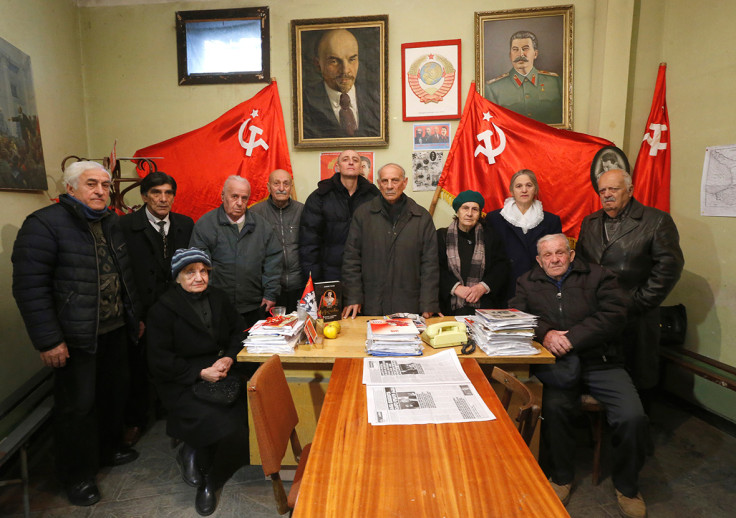
Retired driver Ushangi Davitashvili, 86, reminisces about how much better life was under Soviet rule: "Stalin saved the world from fascism. He cared about people. Under his rule there was no unemployment. We had free education and healthcare. He was a great man."
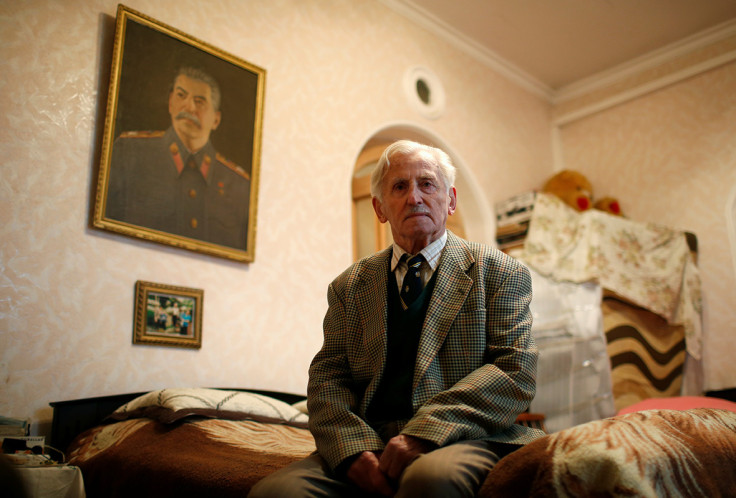
Retired engineer Guram Kardanakhishvili, 86, also believes life was better under Stalin: "He cared for his people. He is very popular among older people because life was better under his rule, there were lower prices and higher salaries, but the young don't know about that."
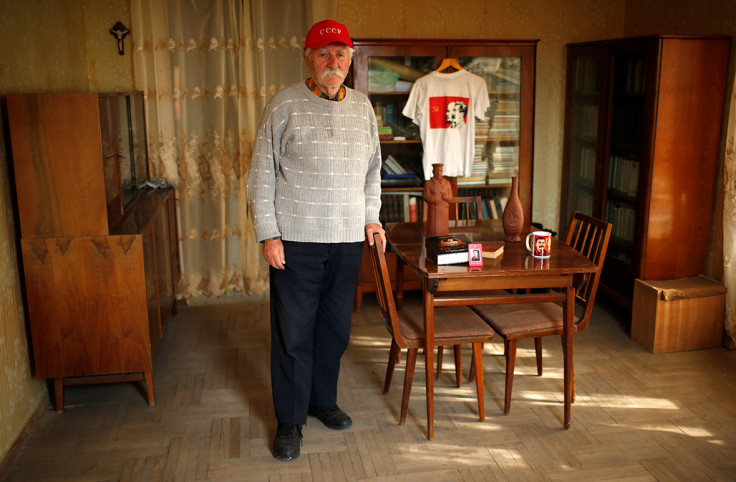
Levan Gongadze, 87, told Reuters: "I have been a fan of Stalin all my life, but there was a time when I almost changed my mind. It was after the 20th Congress of the Communist Party [of the Soviet Union in 1956] when Nikita Krushchev denounced the personality cult and dictatorship of Josef Stalin. But later I realised they weren't right."
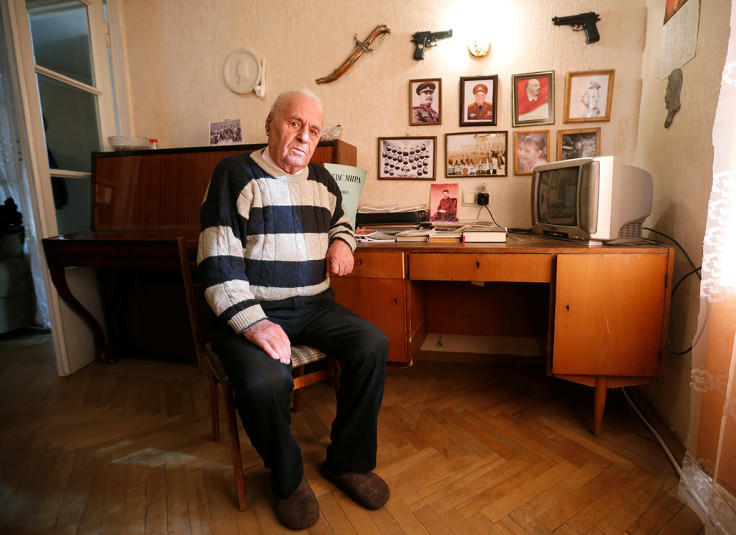
Retired railway worker Suliko Berdzenishvili, 82, who lives in Tbilisi, said: "I am a fan of his since childhood. I own portraits and books about Stalin. Most of them I bought myself, some I got as gifts. I go to Stalin's hometown of Gori every year to mark his birthday."
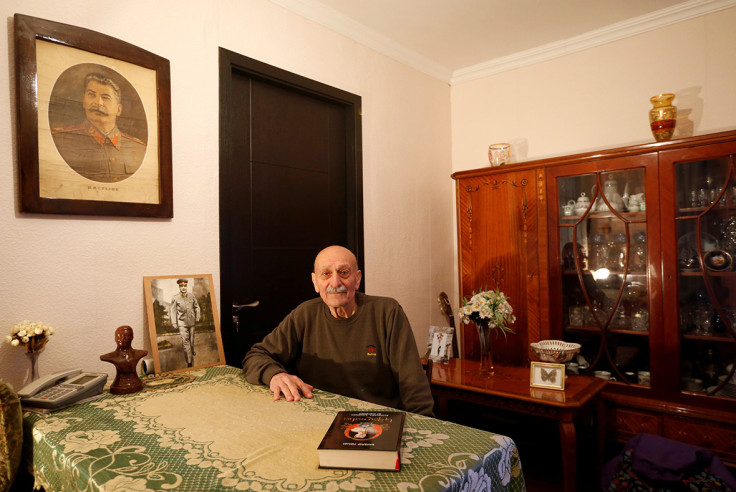
At 40, Natia Babunashvili, a full-time mother of two in the capital Tbilisi, is among the few younger Stalin supporters, teaching her teenage children about Soviet times. "My father was a party boss in one of the regions of Soviet Georgia and he taught me to love Stalin from childhood," she said. "I tell my children of my childhood during Soviet times... how good my life was, how happy I was in the USSR. They form their own opinions but they share my views for now."
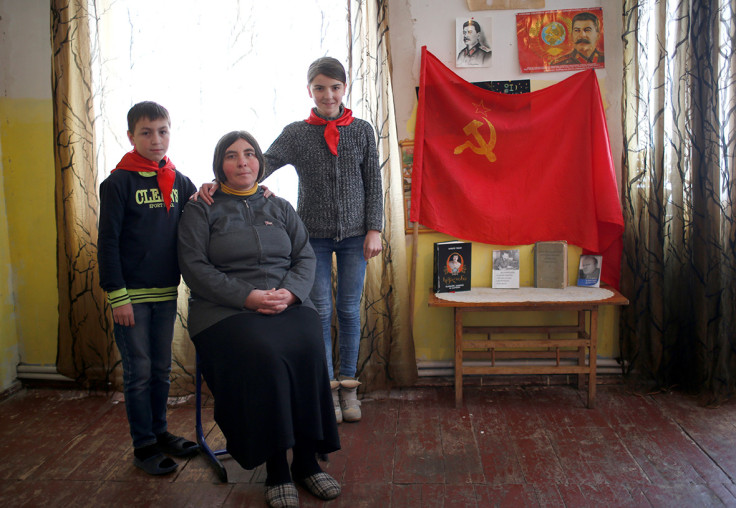
Visit the International Business Times UK Pictures page to see our latest picture galleries.
More from IBTimes UK
© Copyright IBTimes 2025. All rights reserved.






















